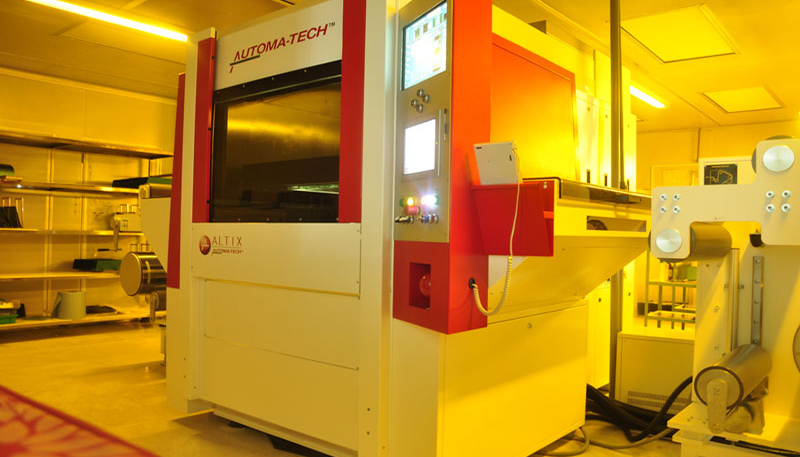
How to Etch Stainless Steel at Home
Etching stainless steel at home can be a rewarding way to create decorative designs, engrave patterns, or mark tools and equipment. This process involves removing material from the stainless steel surface using chemical or electrolytic methods. Below is a comprehensive guide to etching stainless steel safely and effectively.
Stainless Steel Object: The surface to be etched.
Design Template: Vinyl decals, stencils, or hand-drawn patterns using acid-resistant markers.
Resist Material: Wax, tape, or permanent markers to protect areas you do not want etched.
Etching Medium:
Chemical Etching: Ferric chloride or a mixture of hydrochloric acid (HCl) and hydrogen peroxide (H2O2).
Electrolytic Etching: Saltwater solution and a DC power source.
Container: A non-metallic container to hold the etching solution (for chemical etching).
Power Source: For electrolytic etching, use a 6–12V DC power source (like a car battery charger).
Electrode (for electrolytic etching): A graphite rod or stainless steel scrap for the cathode.
Personal Protective Equipment (PPE): Gloves, goggles, apron, and a mask.
Cleaning Supplies: Degreaser, isopropyl alcohol, water, and sandpaper or abrasive pads.
Neutralizing Agent: Baking soda solution or alkaline cleaner.
Clean the Stainless Steel Surface:
Wash the surface thoroughly with a degreaser to remove oils, dirt, or contaminants.
For a smoother finish, lightly sand the surface with fine-grit sandpaper (e.g., 400–600 grit) or an abrasive pad.
Rinse and dry the piece completely.
Apply the Design:
Use a stencil, vinyl decal, or acid-resistant marker to draw or mask the areas you want to remain unetched.
Cover the rest of the surface with a resist material like wax, tape, or nail polish.
Prepare the Etching Solution:
Mix ferric chloride with water (if not pre-mixed) in a ratio of 1:3 (one part ferric chloride to three parts water).
Alternatively, mix one part hydrochloric acid (HCl) with two parts hydrogen peroxide (H2O2).
Submerge the Stainless Steel:
Place the stainless steel in the etching solution, ensuring only the exposed design is in contact with the chemicals.
Monitor the Process:
Bubbling or color change indicates the etching process.
Check the piece periodically to avoid over-etching.
Neutralize and Rinse:
Once the desired depth is achieved, remove the piece and submerge it in a baking soda solution to neutralize the acid.
Rinse thoroughly with water and remove the resist.
Contact: andy_Lai
Phone: 18938693450
E-mail: yw9@zldsmt.com
Add: Building A3, Huafa Industrial Park, Fuyong Town, Fuyuan Road, Fuyong Town, Baoan District, Shenzhen,China